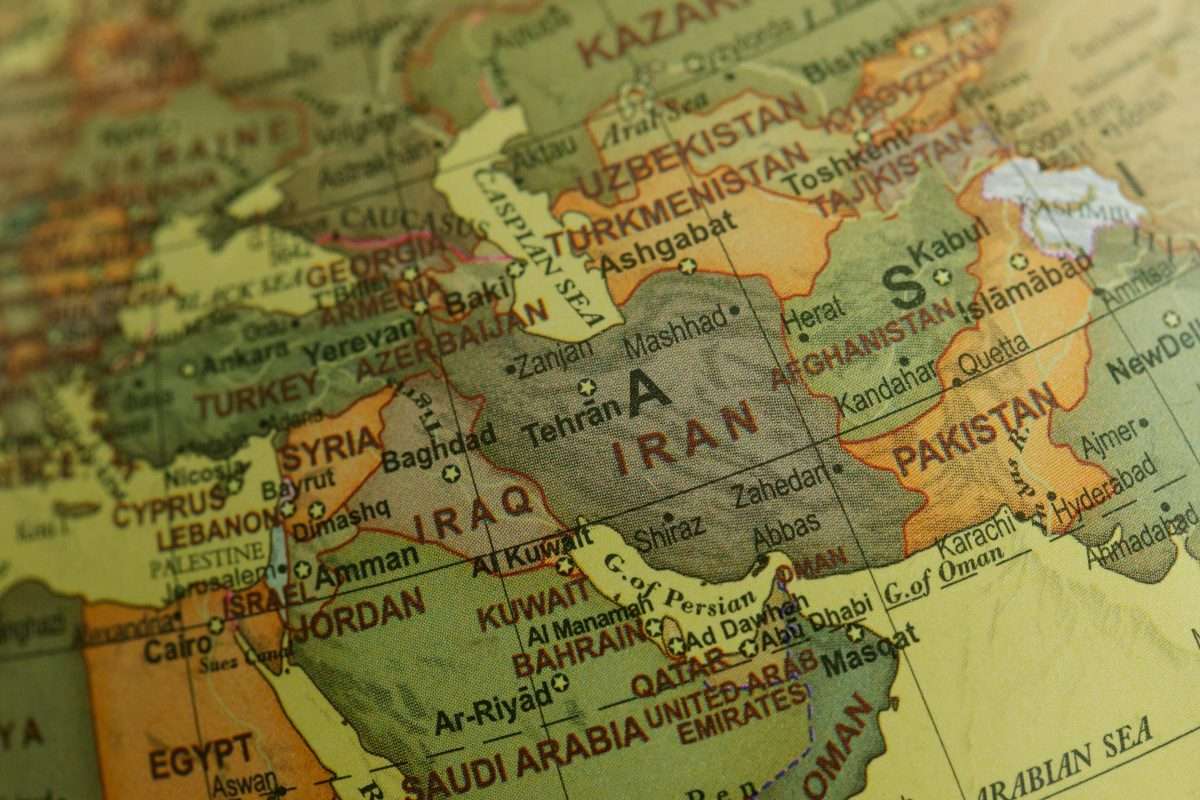On May 7, the Associated Press published an unconfirmed report indicating that the Trump Administration is considering adopting the term “Arabian Gulf” in place of the historically established name “Persian Gulf.” During a press briefing, President Trump remained deliberately noncommittal, stating, “I don’t want to hurt any feelings,” and added that he would make a final determination during his upcoming visit to the Middle East. As of this writing, no official change has been enacted, but speculation is mounting that the administration may soon formalize the use of “Arabian Gulf” in official U.S. communications. This would mark the second instance of the Trump Administration attempting to revise a long-standing geographic name, following the recent executive order renaming the Gulf of Mexico as the “Gulf of America.”…
States and Statehood
Page 1 of 35
Greenland’s Application for Membership to the International Football Community
Before President Trump began using the world’s largest island nation as a political football, even going so far as to threaten annexation, Greenlanders have long desired autonomy – including in the world of sport. The Football Association of Greenland (KAK), founded in 1971, represents and governs the sport in the country. As an autonomous territory of the…
Statelessness and the Rewriting of Rights: The Legal Development in Sweden as a Case in Point
Introduction Legal developments in several countries — Sweden among them — point to a growing willingness by governments to tighten the conditions for acquiring citizenship and, more critically, to limit its protections. Ultimately, such measures risk creating or exacerbating statelessness. A recent Swedish government inquiry, proposing a constitutional amendment that would allow for the revocation of…
Trouble in Heaven: Do the Changes to the Sovereign Military of Malta’s Constitution affect its relevance for the future of Small Developing Island States
The fight of Small Island Developing States (SIDS) to maintain control of their destiny and retain their statehood needs no introduction. Threatened by the sea level rise caused by centuries of greenhouse gases, SIDSs are both among the most affected (due to their low elevation above sea levels) and the smallest contributors to climate change. In…
Lebensraum and Großraum: Nazi Spatial Theories Beyond Nazism
Two cardinal principles of international law emerging from the defeat of Nazism in 1945 were territorial integrity and self-determination in the sense of the political independence of equal sovereign states. It is, therefore, perhaps surprising to be considering the contemporary resonances of prominent Nazi spatial theories associated with its aggressive, territorially expansionist program. Nonetheless, in this post, I…
- Page 1 of 35
- Last
